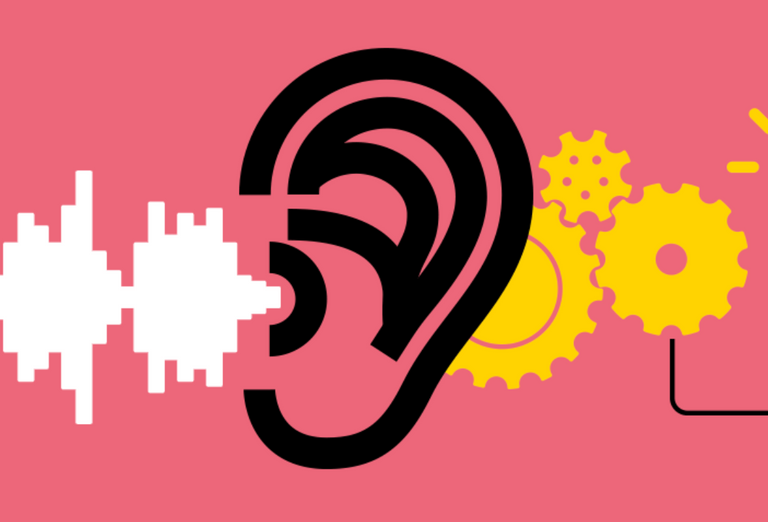The symptoms of COVID-19 include trouble breathing. These symptoms can also be signs of anxiety. Many people are experiencing anxiety because of the current pandemic, and it's making it hard to breathe. Luckily, there are several things you can do to manage your anxiety and improve your breathing. Here are some tips: First, try to breathe deeply, or use diaphragmatic breathing to relieve stress.

Deep Breathing: Part 1
Deep breathing is an exercise that can help you overcome concerns about breathing. It works by putting you in a relaxed state. You can practice deep breathing in different situations. You can start by noticing your breathing patterns and focusing on them. You can even learn to switch to deep breathing when you are stressed or anxious.
There are many different types of deep breathing exercises. Some of these include: box breathing, alternate nostril breathing, resonance breathing, and belly breathing. Some people are more comfortable with these breathing techniques than others, so it's important to find one that works for you.
Diaphragmatic breathing
Diaphragmatic breathing is a technique that can help you overcome concerns about breathing. You can practice this breathing technique in several ways to relax and improve your overall health. You should sit comfortably and place your hand on your chest while practicing diaphragmatic breathing. Try to breathe for about 5-10 minutes every day and increase the time as needed.
Diaphragmatic breathing is one of the simplest techniques that you can use to induce relaxation. It is effective for reducing muscle tension, anxiety, and stress. It also helps your body release toxins. As a result, it helps to reduce the production of cortisol, a "stress hormone" that raises your heart rate. Practicing diaphragmatic breathing can help your body relax by increasing the amount of oxygen in your bloodstream. More oxygen in your bloodstream calms your brain and elevates your mood.
Reducing stress
One of the best ways to relieve stress and overcome concerns about breathing is to practice deep breathing techniques. Taking a deep breath through your nose, holding it for a moment, and then exhaling slowly through your mouth can help stop the stress response in its tracks and restore focus and energy. Repeating calming phrases or mantras while breathing can also help alleviate stress and increase energy levels.
Stress is a normal part of life. Although it helps us to react quickly to threats and dangers, prolonged exposure to it can cause physical and mental health problems. Some people try to manage stress by consuming alcohol, excessive food, and caffeine. But eating healthy foods can help you overcome the negative effects of stress and help you cope better with stressful situations.
Activating parasympathetic nervous system
Activating your parasympathetic nervous system is a good way to overcome concerns about breathing. This is because this system slows down the pace of breathing and is also involved in relaxation. This response can be triggered intentionally, even during times of stress or "fight-or-flight" reaction. Slow breathing also means taking in breaths from the diaphragm, which are more relaxing.
The parasympathetic nervous system helps the body adapt to high-stress situations. It prevents the heart rate from becoming too high and keeps cortisol levels at low levels. It also slows down the heart rate and relaxes the sphincter muscles in the digestive tract.